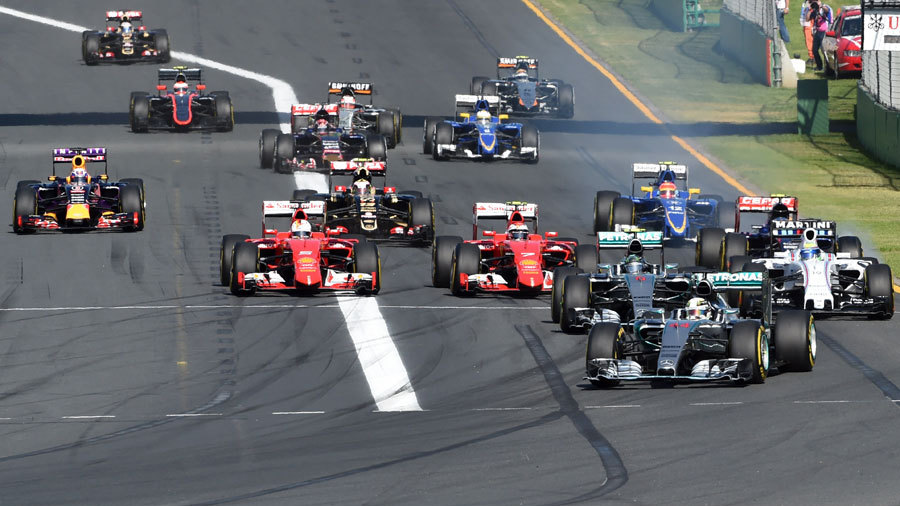

It was the best of races, it was the worst of races.
For Mercedes, who galloped their way to a 1-2 finish with a 35 second advantage over the rest of the field, the season-opening Australian Grand Prix was a day so perfect that Lou Reed might have sung of it.
For Sebastian Vettel, who finished ahead of his former team and delivered a podium finish in his first outing for the Scuderia, it was as a good a result as he could have hoped for.
For those watching, however, Sunday's race around Melbourne's Albert Park was a worrying indicator of the season to come. Mercedes' pace was dominant and any concerns about marginal fuel will diminish from here on out. Reliability issues can strike at any time, but if the gremlins avoid the Mercedes pits for the foreseeable future we look to be in for an even bigger walkover than we saw in 2014.
That being said, there were some positives to be taken away from Australia, even though only eleven cars made it to the chequered flag (and two entrants failed to make it all the way to the grid from their garages).
Max Verstappen's F1 debut may have had the shine taken off it by circumstances beyond the young driver's control, but each of the three rookies on track on Sunday acquitted themselves admirably for a first outing. Felipe Nasr became the first Brazilian racer to score points on his F1 debut, while Carlos Sainz Jr put his first points on the board for Toro Rosso. There were no rookie mistakes worth mentioning.
Nasr's result was not simply good for the man himself - after 2014's annus horribilis and the legal wrangling that marred the beginning of the Australian race weekend, Sauber needed something to celebrate. To start the season with two drivers in the points and third place in the constructors' standings is more than anyone would have dreamed possible at the end of last year.
At the other end of the scale were Lotus and McLaren. Lotus saw both drivers out of contention by the end of the first lap, with Pastor Maldonado knocked out as the cars jostled for track position in sector one, and Romain Grosjean was forced to retire with a power unit issue that first struck on the formation lap and proved impossible to rectify.
As for McLaren, Kevin Magnussen lost what looked like half of his engine between Turns 4 and 6 on the way to the grid, although in the official press release team principal Eric Boullier downplayed the failure, calling it "an as-yet-unspecified power unit glitch". Jenson Button managed to make it to the chequered flag, but was the only non points-scorer to do so. The Briton's 56 laps were largely spent running alone, although a few tussles with Sergio Perez gave the 2009 world champion some moments of drama in what must have been a miserable exercise in cockpit endurance.
The joke in the press room on Sunday night in Melbourne is that if Fernando Alonso didn't have secondary concussion before the Australian Grand Prix, he certainly has now, having spent 58 laps banging his head repeatedly on the table, rueing the timing of his move away from Ferrari after five largely luckless years...
